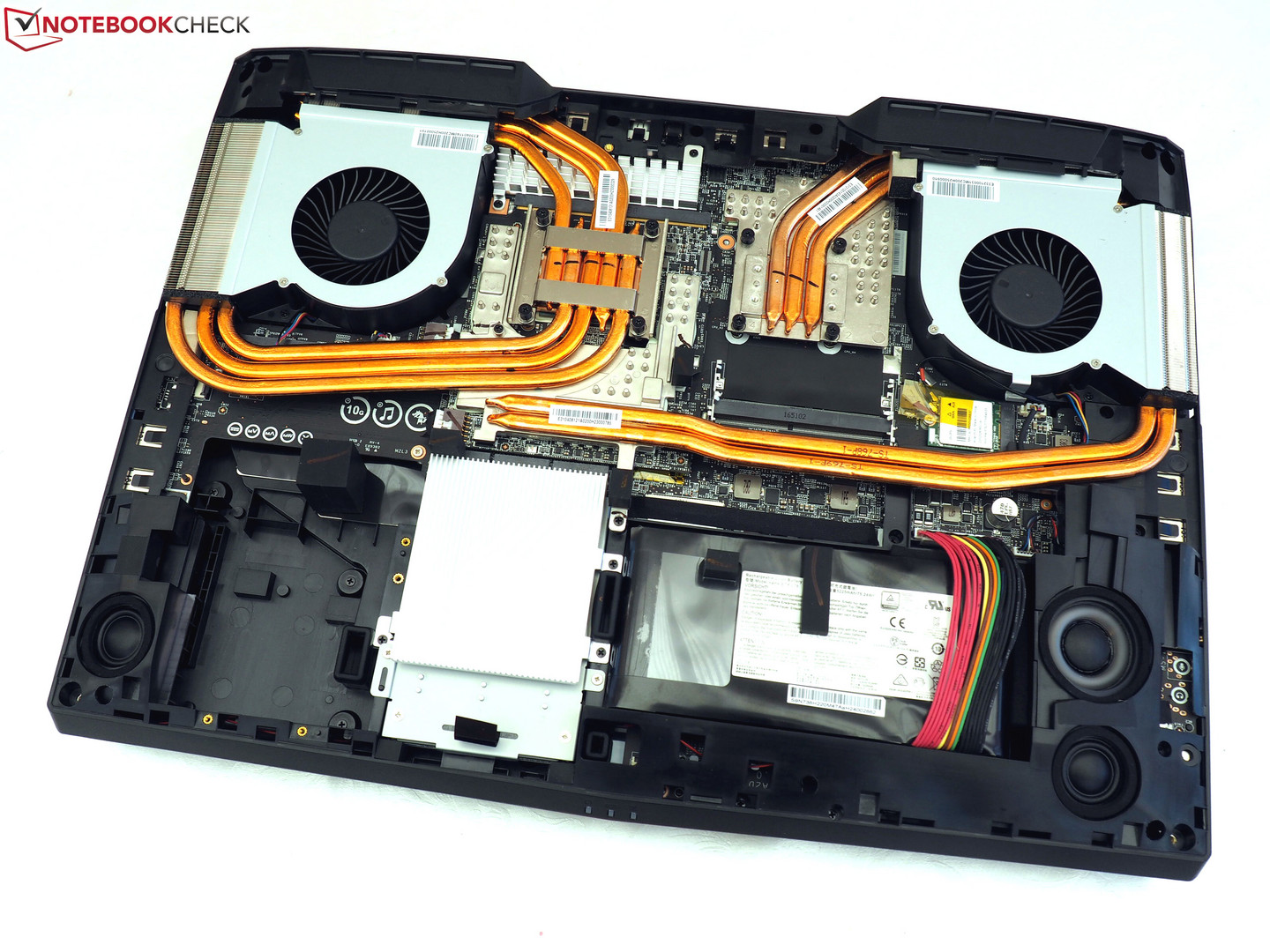Total War is a series of strategy games developed by The Creative Assembly for personal computers. They combine turn-based strategy and resource management with real-time tactical control of battles: https://en.wikipedia.org/wiki/Total_War_(series)
Total War games requires powerful computers with good, both, CPU and GPU. I know a laptop computer is not the best option here, however, I need the portability of a laptop and since I still have a gaming laptop (Alienware 17 R3) where I play Total War games with pretty decent results, I am strongly convinced that there are good gaming laptops able to run these games. By the way, I play older titles and I am interested specifically in the following: Empire, Napoleon, Shogun 2, Rome 2, Attila, Thrones of Britannia (maybe). I would also like to use it for other strategy games, but far less demanding than Total War games (for example, Scourge of War).
I have been researching among a lot of gaming laptops and these two represent my dilemma: best CPU or best GPU?
Acer Predator Helios 500 PH517-51-960K (2500 €)
Total War games requires powerful computers with good, both, CPU and GPU. I know a laptop computer is not the best option here, however, I need the portability of a laptop and since I still have a gaming laptop (Alienware 17 R3) where I play Total War games with pretty decent results, I am strongly convinced that there are good gaming laptops able to run these games. By the way, I play older titles and I am interested specifically in the following: Empire, Napoleon, Shogun 2, Rome 2, Attila, Thrones of Britannia (maybe). I would also like to use it for other strategy games, but far less demanding than Total War games (for example, Scourge of War).
I have been researching among a lot of gaming laptops and these two represent my dilemma: best CPU or best GPU?
Acer Predator Helios 500 PH517-51-960K (2500 €)
- CPU Intel® Core™ i9-8950HK (6 cores, 2.9GHz - 4.8GHz, 12MB)
- RAM 8 GB DDR4 + 8 GB DDR4
- HDD 1000 GB HDD + 256GB SSD
- GPU NVIDIA® GeForce® GTX 1070 8 GB DDR5
- OS Windows 10 Home
- Display 17.3''
- CPU Intel® Core i7-8750H (6 cores, 2.2 GHz - 4.1GHz, 9 MB)
- RAM 16GB DDR4 2666Mhz
- HDD 256GB NVMe PCIe Gen3x4 SSD +1TB (SATA) 7200rpm
- GPU Nvidia GeForce GTX 1080 8GB GDDR5X
- OS Windows 10 Home 64 Bits
- Display 17.3''



